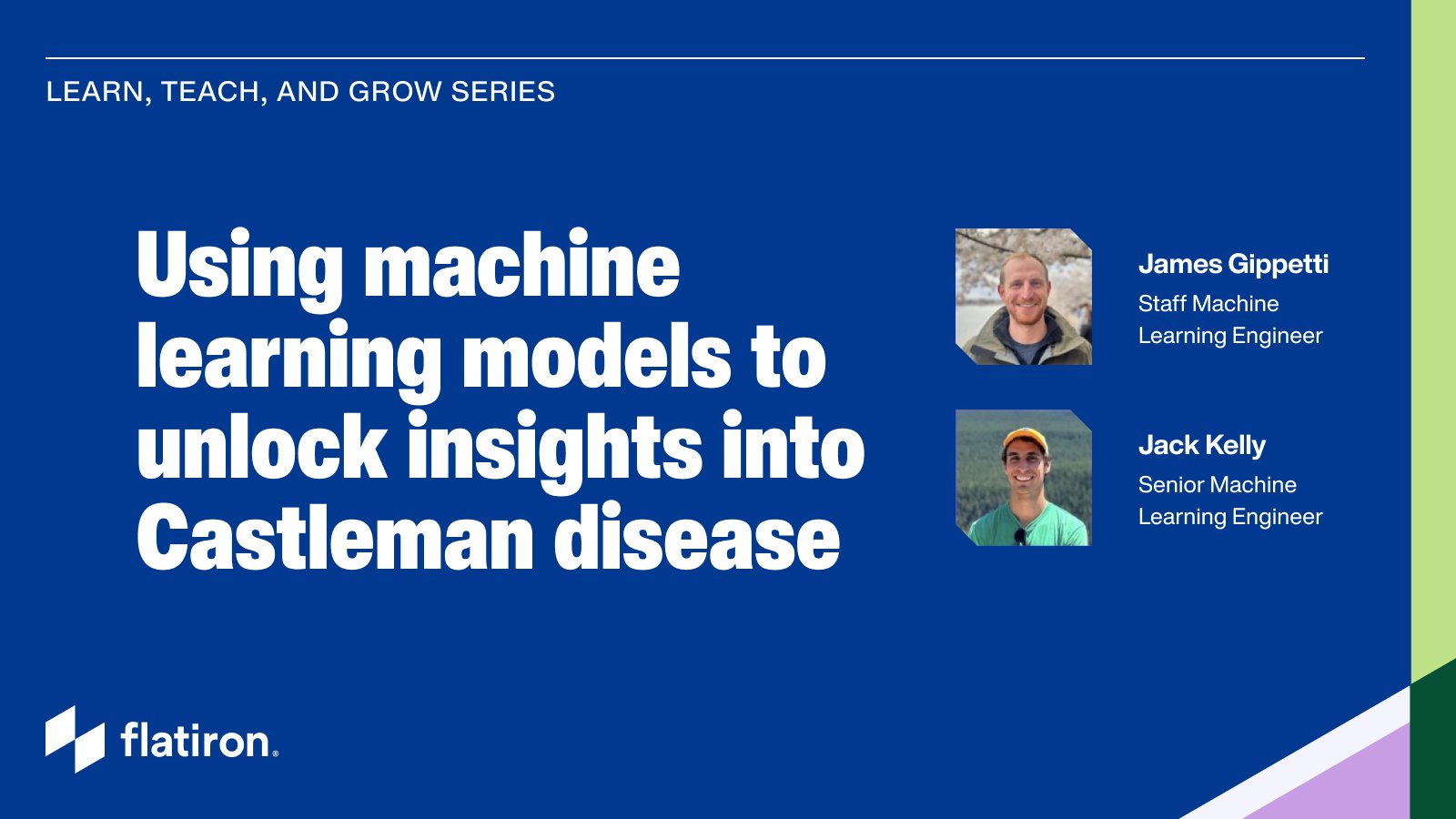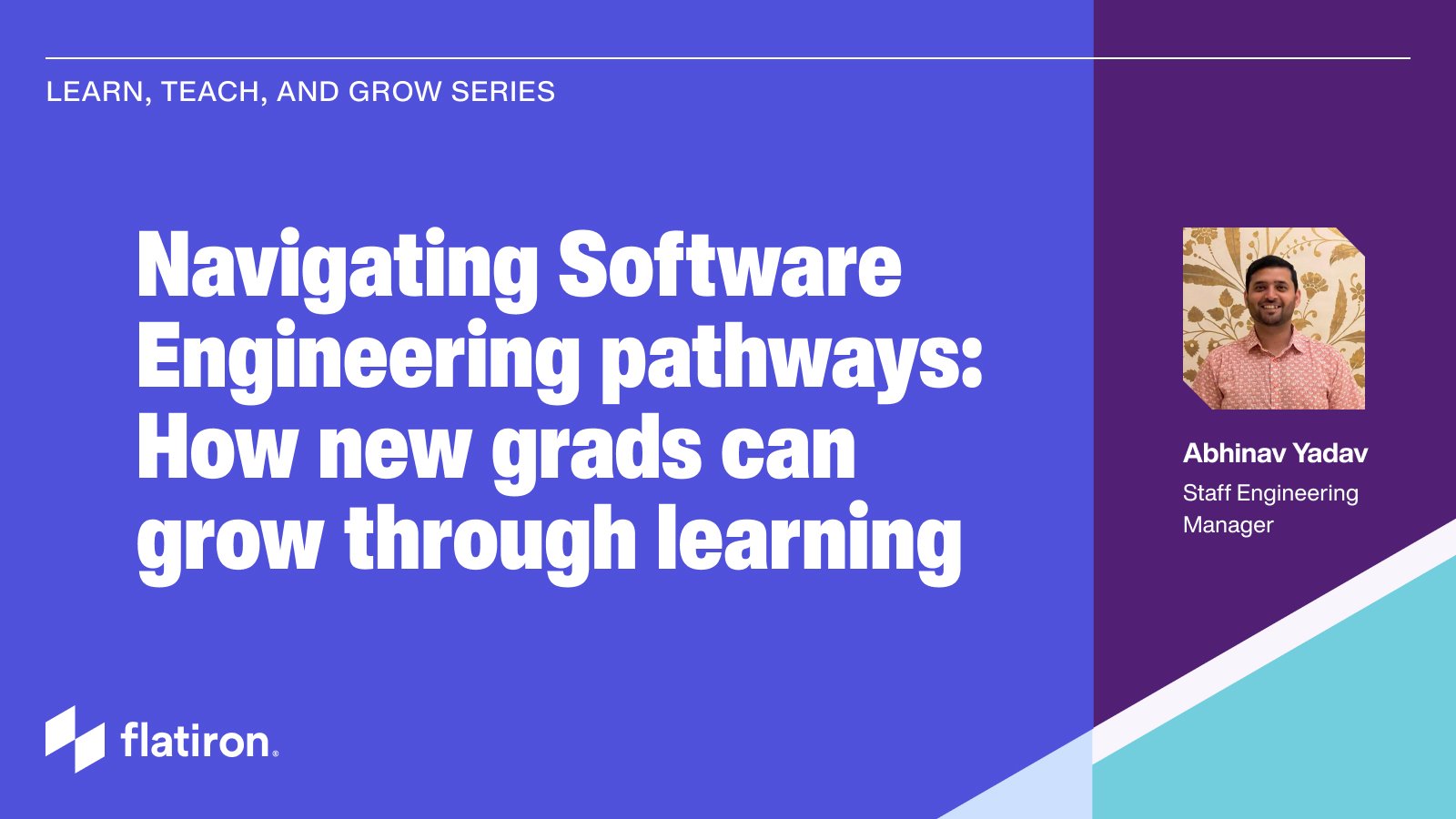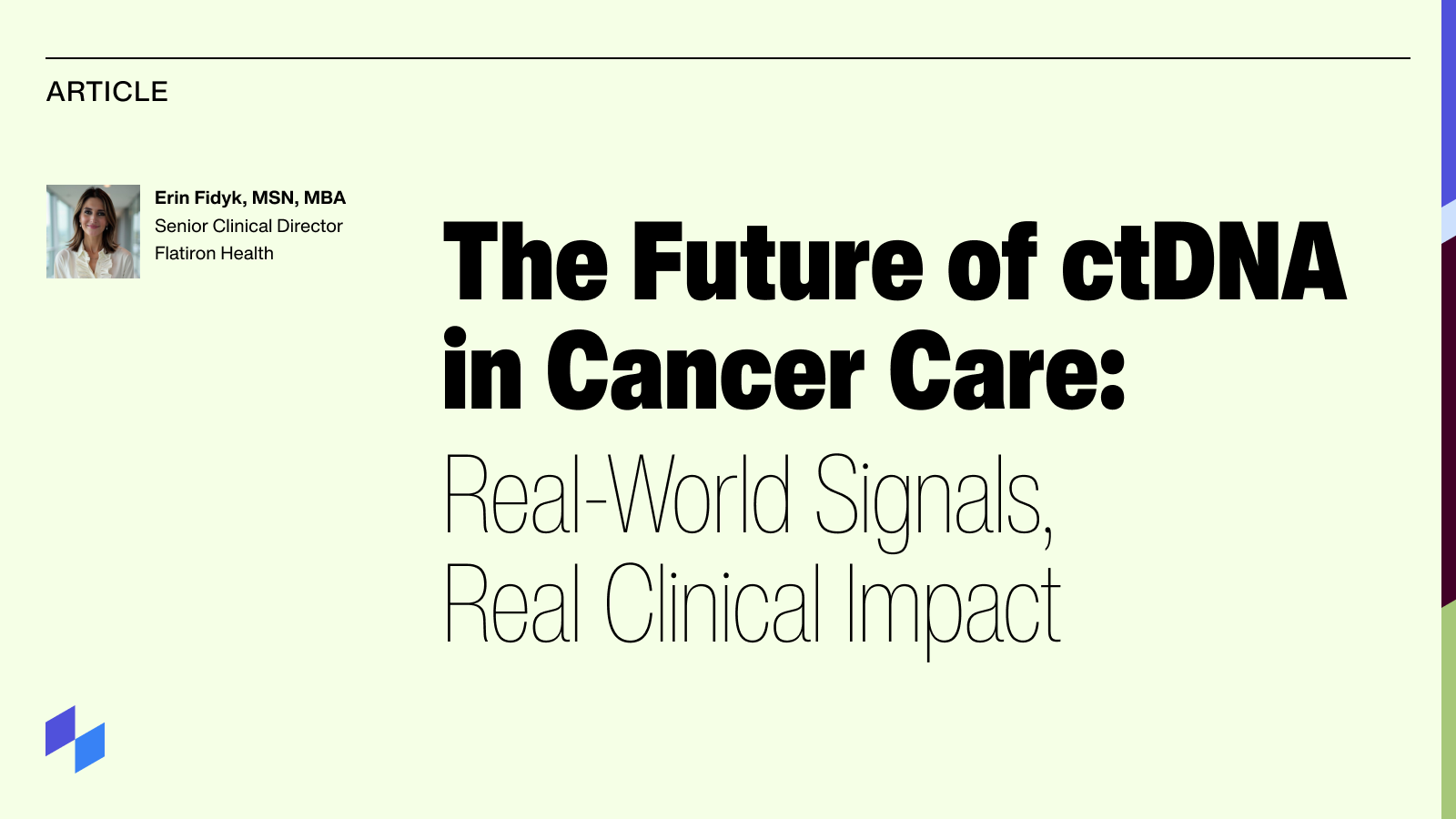Back when I was a medical student, I could not imagine that I would ever be a hematologist. Things did not change until I took care of my first patients with leukemias and lymphomas, who were suffering in intensive care units with their new diagnoses of cancer. I was worried and skeptical about whether they would survive. I was soon awestruck with the innovative ways modern medicine had made it possible to treat such aggressive diseases, sustain long remissions, and even cure cancers. I had embarked on this career because science, especially for malignant hematology, had achieved the impossible for patients. We continue to see these advancements evolve when the American Society of Hematology (ASH) Annual Meeting presents new and exciting research year after year.
Even with these impressive advances in medicine, there is still so much more to do for patients with hematologic malignancies. Living with a hematologic malignancy can be isolating, especially since many are rare diseases . Finding other patients that share similar journeys, connecting with physicians who have the expertise in managing these diseases, locating all available clinical trial options, answering important research questions using real-world data, even designing prospective clinical trials to recruit enough patients with hematologic malignancies have barriers -- because it is hard to navigate and find all the right needles within a national haystack.
Often technology has helped with this problem - and patients and patient advocacy groups themselves have shown us the way. One of my patients with chronic lymphocytic leukemia (CLL) found my clinic within days of her new diagnosis because she connected with a national online support group of patients with CLL. This is only one of many examples demonstrating the power of technology and its ability to bring together rare cancer populations in a meaningful and impactful way. Technology can also be helpful in connecting rare cancer populations to generate real-world evidence for research questions that are not easily answered in clinical trials, and even improve recruitment of patients onto prospective clinical studies.
At this year's ASH Annual Meeting, Flatiron Health's research contributions reflect ways in which we've used technology to open opportunities and answer difficult research questions for patients with rare diseases. We designed a machine learning (ML) model to surface all patients who received chimeric antigen receptor T-cell therapy (CAR-T) in our national network, in order to conduct a study to understand factors influencing commercial CAR-T utilization *—including granular patient factors such as socioeconomic status, baseline ECOG performance status and labs prior to receiving CAR-T. We were able to answer difficult questions about multiple myeloma, including the prognostic importance of t(11;14) among patients receiving anti-CD38 therapies [ Mohyuddin GR et al. ], and whether the COVID pandemic had an impact on routine assessment of M-protein and free light chains in clinical practice [ Roose J et al. ]. We present the ways that technology can improve access to clinical trials and enable decentralization to community sites ,* with an example of enhancing recruitment for patients with blastic plasmacytoid dendritic cell neoplasm (BPDCN).
We've leveraged technology to learn from patients with hematologic malignancies in order to break these barriers rare populations have to advance research and improve access to clinical trials. Our presentations at this year's ASH Annual Meeting are only a sample of how technology can achieve the impossible for patients.
Flatiron is already taking the next steps to evolve our technology and scale our efforts for patients with hematologic malignancies. We have built high performing ML models that can efficiently and accurately surface rare populations such as patients using CAR-T therapy. We are also taking steps to make sure ML models are fit for research purposes, and are holistically and transparently evaluated. We have developed endpoints for hematology data models, and are growing research collaborations to generate real-world evidence to fill important knowledge gaps on clinical outcomes and health equity. We're building digital tools that improve efficiency for clinical trial sponsors and sites, and enable access to clinical trials for patients wherever they receive their care. We can strengthen connections for patients with hematologic malignancies and open opportunities for research and patient care.
*Work being presented by Erlene Seymour, MD in Leveraging Digital Technology to Modernize and Enhance Observational Studies, and by Neal Meropol, MD in Advancing Decentralized Clinical Trials in Hematology



